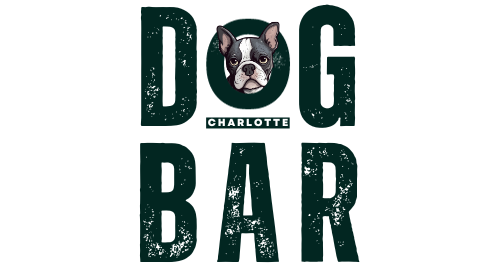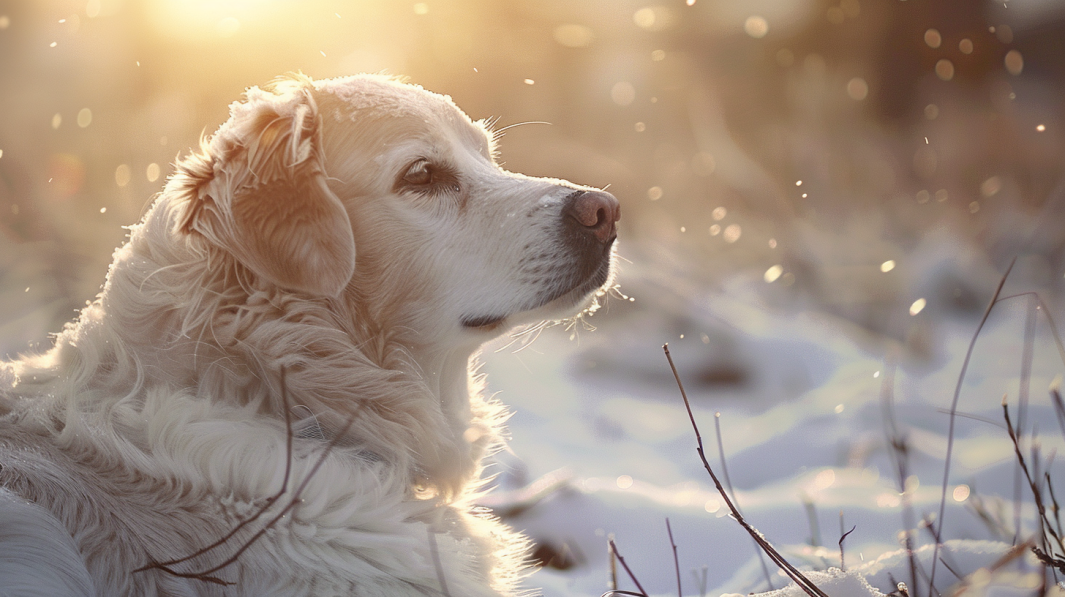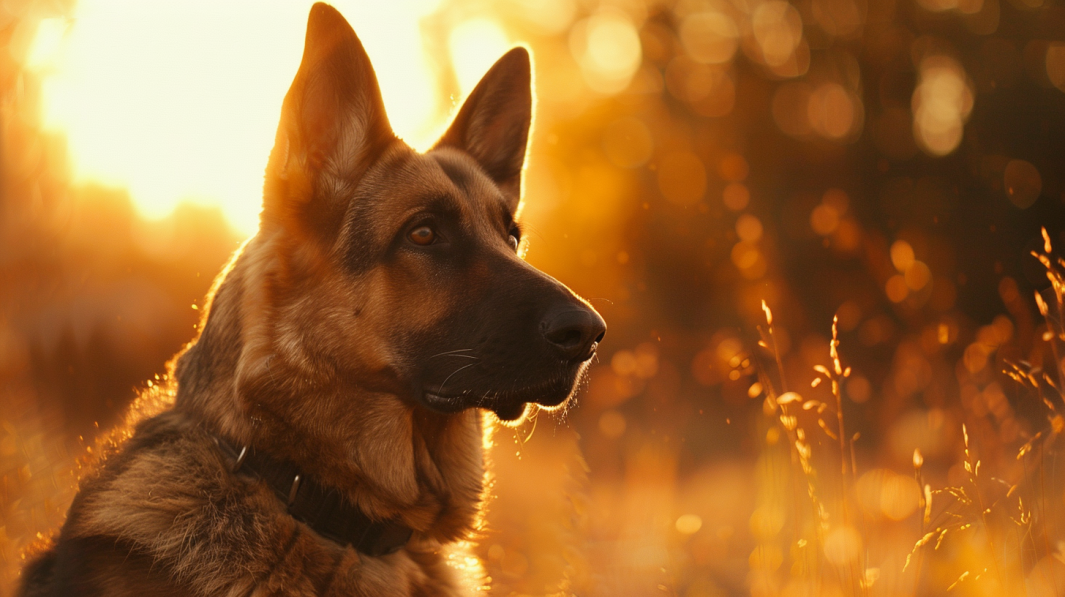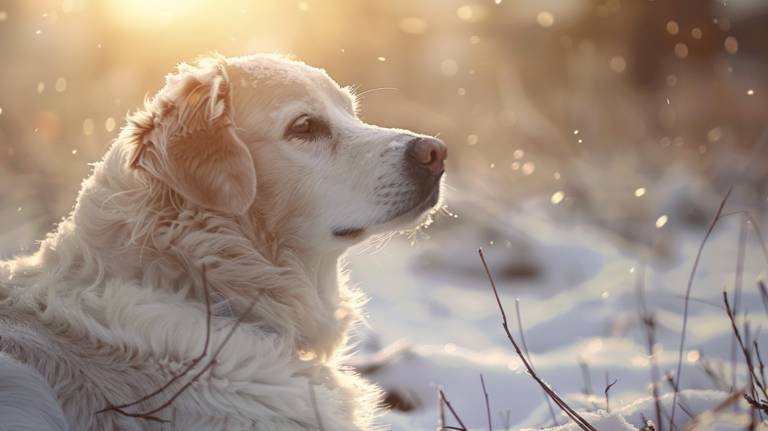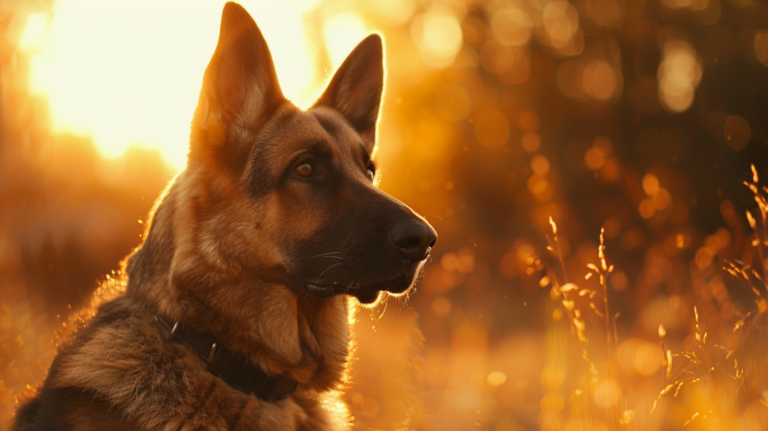French Bulldogs, with their distinctive bat-like ears and charming expressions, have captured the hearts of dog lovers worldwide. However, their unique physical characteristics and temperament mean they require specific care and attention.
From their diet and exercise requirements to their grooming needs and potential health concerns, understanding these aspects is crucial for any French Bulldog owner.
1. Special Attention to Breathing Issues

French Bulldogs have unique breathing challenges due to their brachycephalic nature. Understanding and managing these issues is crucial for their well-being.
Potential Issues With Brachycephalic Syndrome
- Anatomy and Issues: The short nose and flat face can lead to narrowed nostrils and elongated soft palate, affecting breathing efficiency.
- Symptoms to Watch: Look for signs like snoring, labored breathing, and fatigue during exercise, which indicate breathing difficulties.
Pay Attention to the Respiratory Health
- Regular Vet Check-ups: Consistent veterinary visits are necessary to monitor and manage potential respiratory complications.
- Creating a Safe Environment: Avoiding extreme temperatures and strenuous exercise to prevent respiratory distress.
2. Dietary Requirements
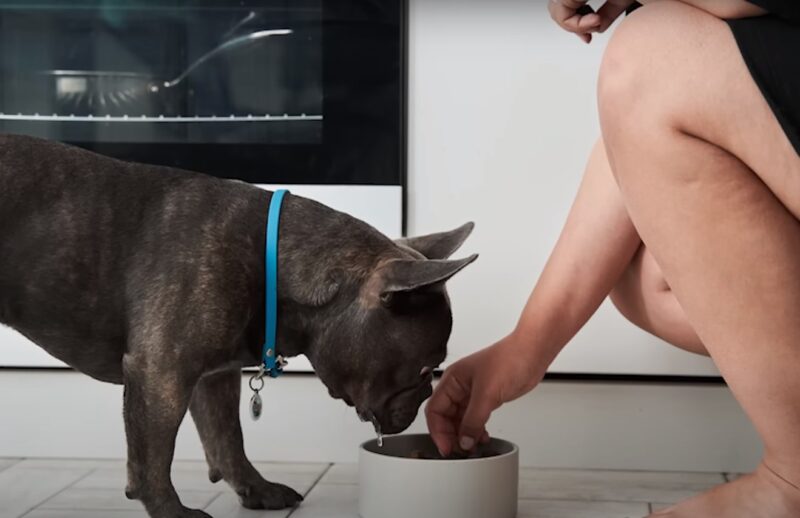
A balanced diet is essential for French Bulldogs, given their sensitive digestion and propensity towards obesity.
Essential Nutritional Needs
- Protein, Fats, and Carbs: Ensuring the right balance of these macronutrients is vital for their overall health.
- Vitamins and Minerals: Including supplements as recommended by a vet can help in maintaining their health.
Ensure Proper Food Intake
- Portion Control: Monitoring their food intake to prevent overfeeding and obesity.
- Avoiding Human Food: Human foods can be harmful; sticking to dog-appropriate foods is essential.
Best Nutrition for French Bulldogs
| Food Type | Benefits | Recommended Serving |
|---|---|---|
| High-quality Commercial Dog Food | Complete and balanced nutrition, Easy to serve | According to dog’s weight, age, and activity level |
| Lean Proteins (e.g., chicken, turkey, fish) | Muscle growth and maintenance, Good for skin and coat health | 30-40% of the diet |
| Complex Carbohydrates (e.g., brown rice, sweet potatoes) | Energy, Digestive health | 20-30% of the diet |
| Fruits and Vegetables (e.g., carrots, apples) | Vitamins, Minerals, Fiber | 5-10% of the diet |
| Healthy Fats (e.g., flaxseed, fish oil) | Healthy skin, Coat shine, Joint health | 5-10% of the diet |
3. Skin Fold Care
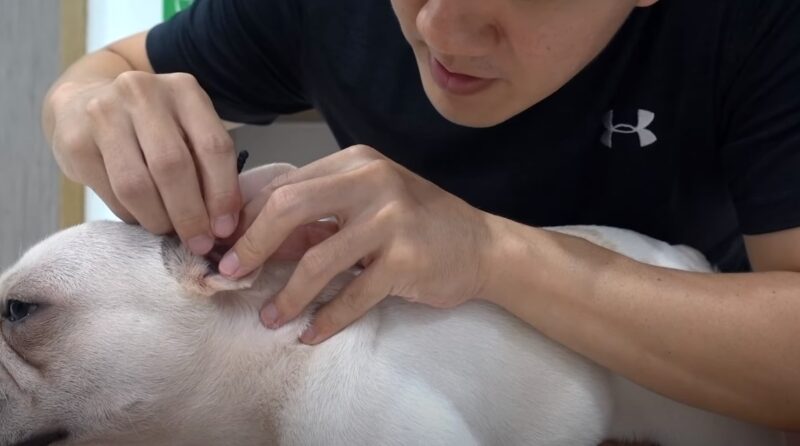
The distinct skin folds of French Bulldogs require regular care to prevent infections and irritations.
Cleaning and Maintenance
- Regular Cleaning: Using a soft, damp cloth to clean between the folds, preventing accumulation of dirt and moisture.
- Dry and Monitor: Ensuring the skin remains dry and free from infection signs.
How to Prevent Skin Infections?
- Regular Grooming: Incorporating fold cleaning in regular grooming sessions.
- Monitoring for Signs of Infection: Redness, swelling, or discharge indicates a need for veterinary attention.
4. Regular Exercise

Moderate exercise is key for these dogs, balancing their physical activity needs with their respiratory limitations.
Determine a Safe Exercise Routine
- Short Walks: Engaging in brief but regular walks to maintain their physical health.
- Indoor Activities: Interactive indoor games that stimulate them mentally and physically without causing strain.
Avoid Overexertion
- Understand the Limits: Recognizing signs of fatigue and stopping activities before they become strenuous.
- Plan the Activities: Customizing exercises to suit their individual health and fitness levels.
Training Routine and Progression
| Age | Training Focus | Training Activities |
|---|---|---|
| 8-12 weeks | Socialization, Basic Commands | Introduction to people and animals, Sit, Stay, Come |
| 3-6 months | Continued Socialization, House Training | Leash training, Housebreaking, Basic commands reinforcement |
| 6-12 months | Advanced Training, Behavioral Correction | Heel, Wait, Polite greetings, Addressing any unwanted behaviors like jumping or excessive barking |
| 1 year and beyond | Maintenance and Refinement | Continued practice of learned commands, Introduction to more complex tasks or tricks, Consistent reinforcement of good behavior |
5. Sensitivity to Temperature

French Bulldogs are particularly sensitive to extreme temperatures, requiring careful management to ensure their comfort.
Manage Heat Sensitivity
- Cool Environments: Providing access to shaded, cool areas during hot weather and ensuring ample water availability.
- Avoiding Heat Stress: Recognizing signs of overheating and taking immediate action to cool them down.
Cold Weather Precautions
- Warm Shelter: Ensuring they have a warm, cozy place during cold weather.
- Appropriate Clothing: Using dog sweaters or coats for outdoor activities in cold conditions.
6. Prone to Allergies
Allergies are a common issue in French Bulldogs, requiring careful monitoring and management.
Identify Allergy Symptoms
- Common Signs: Skin irritation, itching, and digestive issues can indicate allergies.
- Allergy Testing: Consulting with a vet for allergy testing if symptoms persist.
React Fast with Allergies
- Dietary Adjustments: Switching to hypoallergenic dog food as recommended by a vet.
- Environmental Control: Reducing exposure to known allergens in their surroundings.
Common Allergies: Identification, Prevention, and Treatment
| Allergy Type | Signs to Notice | Prevention | Treatment |
|---|---|---|---|
| Food Allergies | Itching, digestive issues, chronic ear infections | Feeding hypoallergenic diets, avoiding known allergens | Prescription diets, antihistamines, fatty acid supplements |
| Environmental Allergies | Skin rashes, itching, sneezing, watery eyes | Regular baths, air purifiers, limiting exposure to allergens | Antihistamines, corticosteroids, allergy shots |
| Contact Allergies | Localized itching, skin redness, hair loss | Avoiding contact with irritants, using hypoallergenic bedding and grooming products | Topical ointments, antihistamines, changing the environment |
| Insect Bite Allergies | Swelling, redness at the site of bite, severe itching | Using flea and tick preventatives, keeping outdoor areas clean | Antihistamines, corticosteroids, epinephrine in severe cases |
7. Eye Care
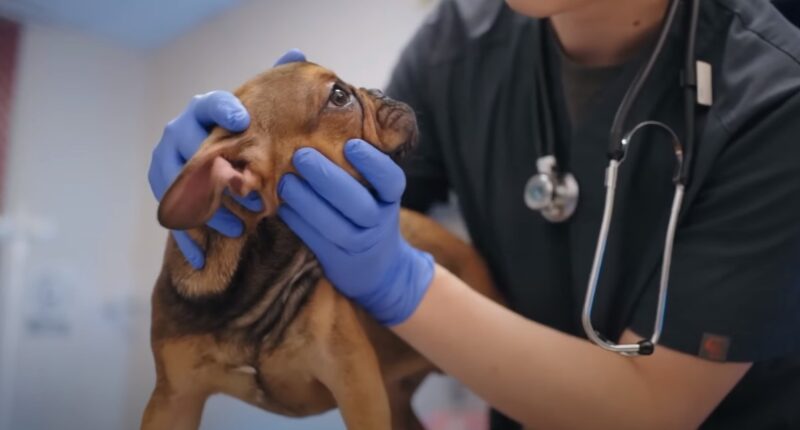
French Bulldogs are prone to various eye problems due to their facial structure, making regular eye care essential.
Regular Eye Check-ups
- Veterinary Examinations: Regular visits to the vet for eye examinations to catch any issues early.
- Observing for Signs: Watching for redness, discharge, or any signs of discomfort in their eyes.
Daily Eye Maintenance
- Gentle Cleaning: Using a soft, damp cloth to clean around their eyes, removing any discharge or dirt.
- Protecting the Eyes: Being cautious about activities that could lead to eye injuries.
8. Joint Health

Due to their unique body structure, French Bulldogs can be prone to joint issues, especially as they age.
Monitor and Prevent Joint Problems
- Regular Vet Visits: Check-ups to detect early signs of joint problems like arthritis.
- Weight Management: Keeping them at a healthy weight to reduce stress on joints.
Support Joint Health
- Supplements: Incorporating glucosamine and chondroitin supplements as recommended by a vet.
- Appropriate Exercise: Engaging in low-impact exercises to keep joints healthy without causing strain.
9. Dental Care
Dental health is crucial for French Bulldogs, as they can be prone to dental issues due to their jaw structure.
Routine Dental Hygiene
- Regular Brushing: Brushing their teeth frequently with dog-specific toothpaste.
- Dental Check-ups: Regular veterinary dental examinations and cleanings.
Prevent Dental Diseases
- Chew Toys and Treats: Using dental chews and toys to help keep teeth clean.
- Diet for Dental Health: Feeding them crunchy kibble that helps in reducing tartar buildup.
10. Behavioral Training
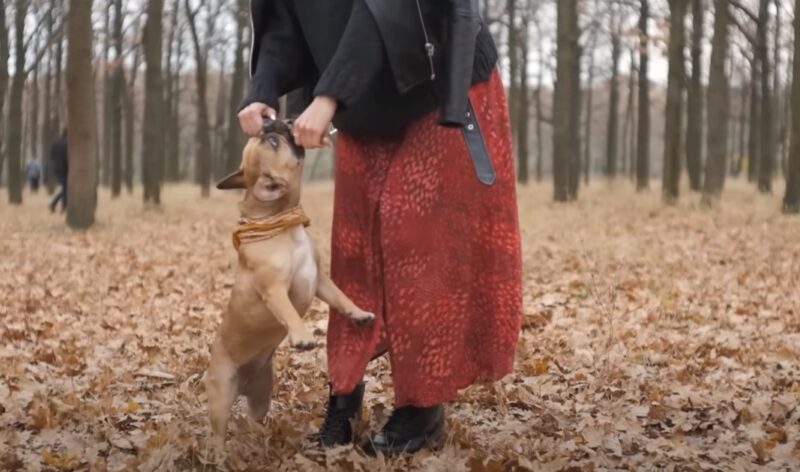
French Bulldogs can be stubborn, so consistent and positive training is important for their behavior.
Effective Training Techniques
- Consistency and Patience: Regular training sessions, maintaining consistency in commands and rewards.
- Positive Reinforcement: Using treats and praise to encourage desired behavior.
Socialization
- Early Socialization: Exposing them to different people, animals, and environments from a young age.
- Ongoing Interaction: Regular interactions with other dogs and people to maintain good social skills.
11. Health Screenings and Preventive Care
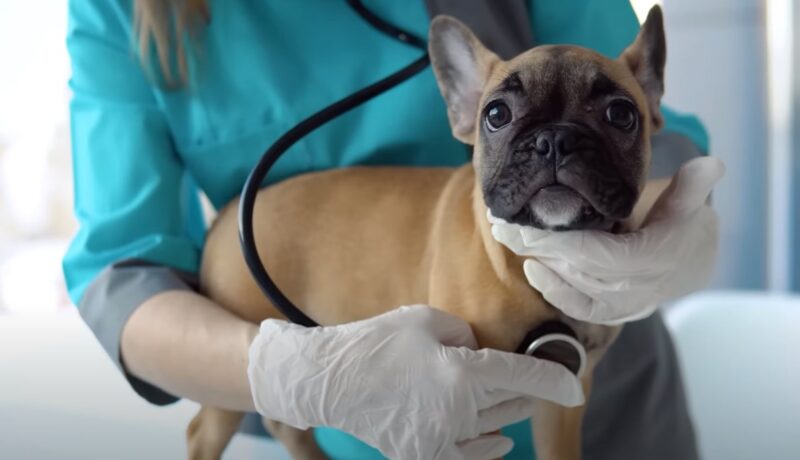
Preventive health measures are crucial in identifying and managing health issues common in French Bulldogs.
Regular Health Screenings
- Annual Vet Visits: Comprehensive check-ups to monitor overall health and catch issues early.
- Specific Screenings: Regular screenings for common breed-specific issues like hip dysplasia, heart conditions, and spinal disorders.
Preventive Health Measures
- Vaccinations and Parasite Control: Keeping up with vaccinations and regular treatments for parasites.
- Health Insurance: Considering health insurance for potentially expensive treatments related to breed-specific issues.
Annual Vet Visits, Vaccinations, and Parasite Control for French Bulldogs
| Health Aspect | Description | Frequency/Timing | Notes |
|---|---|---|---|
| Annual Vet Visits | Comprehensive health check-up, including physical examination and routine blood work | Once a year | Crucial for early detection of health issues; may vary based on age and health status |
| Vaccinations | Core vaccines (e.g., rabies, DHPP) and non-core vaccines based on lifestyle | Core vaccines: As per schedule; Non-core vaccines: As recommended by the vet | Adherence to vaccination schedule is vital for preventing infectious diseases |
| Parasite Control | Preventive treatments for fleas, ticks, heartworms, and intestinal parasites | Regular intervals as prescribed by the vet | Year-round preventive measures are often recommended |
FAQs
Is it difficult to provide care to a French Bulldog?
Caring for a French Bulldog requires a moderate level of effort. They have specific health, dietary, and grooming needs due to their unique physical characteristics. Regular veterinary visits, attention to their diet, and managing potential breathing issues are essential. While they are not the most high-maintenance breed, they do require more care than some other breeds.
What is the main issue with French Bulldogs?
The main issue with French Bulldogs is their susceptibility to breathing problems due to their brachycephalic (short-nosed) facial structure. This can lead to issues like obstructed airways and difficulty in regulating body temperature, especially in hot weather. Owners need to monitor their activity and environment to prevent respiratory distress.
Are French Bulldogs smart?
Yes, French Bulldogs are considered smart. They are known for their alertness and adaptability. However, they can also be quite stubborn, which might require more patience during training. They respond well to consistent, positive reinforcement training methods.
Can Frenchies live 20 years?
It’s rare for French Bulldogs to live up to 20 years. The typical lifespan of a French Bulldog is around 10-12 years. Some may live longer with excellent care, but reaching 20 years would be exceptionally unusual for this breed. Their lifespan can be influenced by their health, diet, and overall care.
Summary
French Bulldogs are charming and intelligent companions that do require a moderate level of care. While they may not have the longest lifespan among dog breeds, with proper care, a balanced diet, regular exercise, and consistent veterinary attention, they can lead a full and happy life. Understanding and catering to their needs ensures a rewarding and loving relationship between French Bulldogs and their owners.
